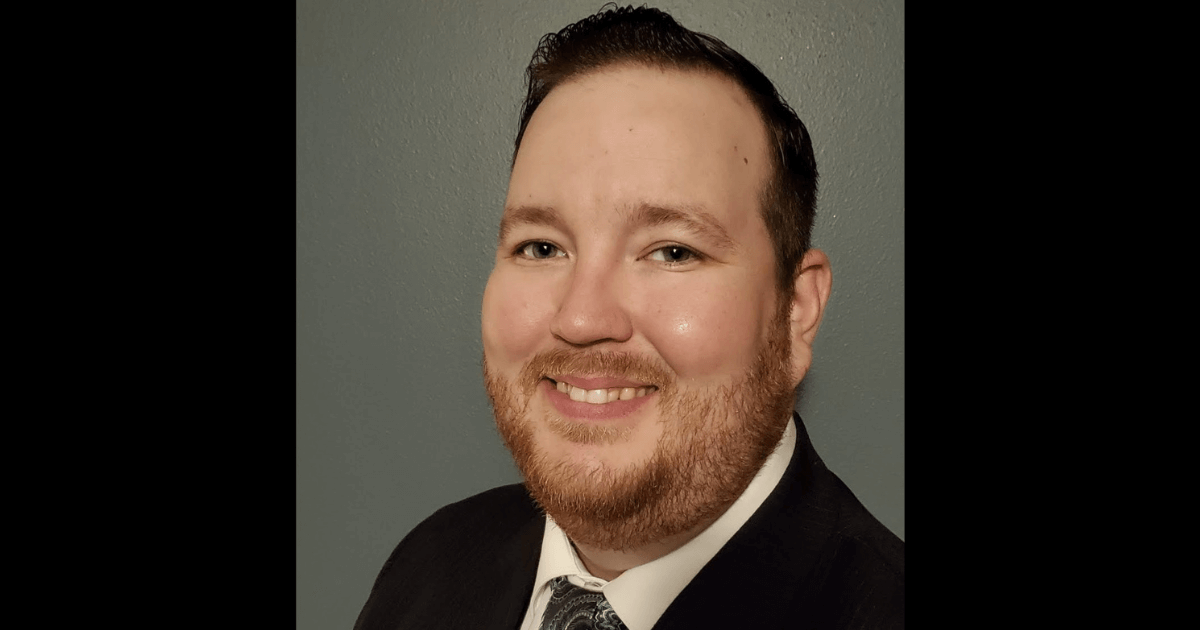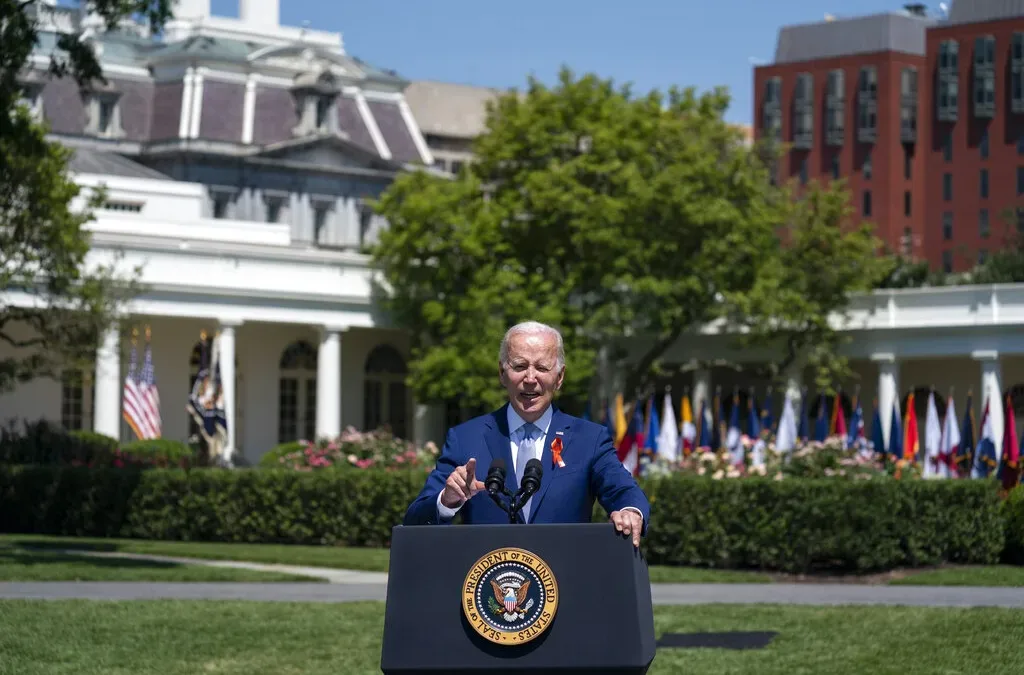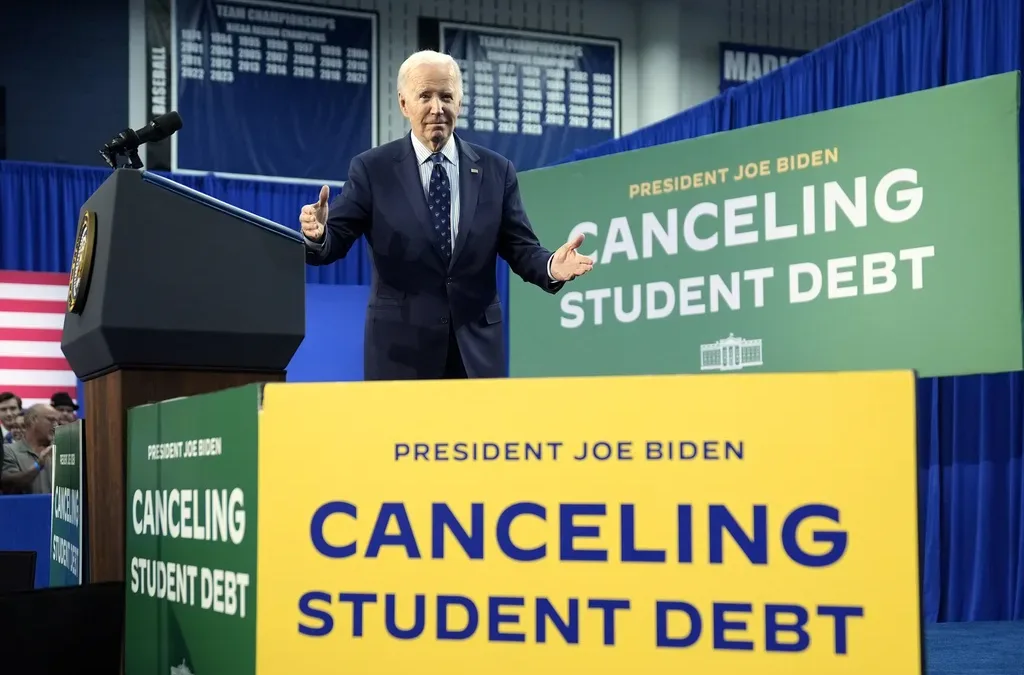
This year’s legislative session activated young Iowans to speak out on issues ranging from private schools to LGBTQ rights to gun violence. Starting Line connected with members of some of the student groups leading the action and invited them to talk about how their organizations work, what inspired them to get involved, and what the future holds for them. This is part three of a multi-part series. You can read part one here, part two, and part three here.
Nicko Dacre got involved in the Community of Racial Equity (CORE) after his mom died. She taught him to be involved and to help other people, and he said CORE was the most obvious group for him.
“CORE is the activist club at Valley,” Nicko said. “It is the civic engagement club at Valley and it is at other schools as well, like Johnston. They are the club that does the activism. They are the club that uplifts voices, creates equity.”
He started by filling in wherever he was needed and eventually became the president of the Valley High School chapter in West Des Moines.
CORE has chapters around the country and at schools around the Des Moines Metro. Sometimes student issues are best addressed at the individual school level, and the CORE is a student activism organization that lets students do that.
The group focuses on a lot of issues, and the focus changes based on what’s happening around them. However, the center of attention returns to how the issues impact Black and other students of color.
“At the end of the day, it’s always been about, first of all, creating a community, but second of all, using that community to do activism in any sort of way that we can,” Nicko said.
At Valley, the focus has lately been on combatting hate speech and having the school adopt a new policy to deal with it. CORE wrote the anti-hate-speech policy last year and has spent this year trying to get it enacted, but Nicko said it isn’t the only thing they’re working on.
Meetings typically involve members talking about their high points and low points of the week before everyone gets to the agenda, which is where they get down to the business of what they want to do about these problems. The meetings can last up to two hours.
“The main focus [of the group] is regarding issues that affect the Black students in the school districts. But it’s always taken an opportunity to jump into whatever needs to be taken care of,” Nicko said.
This year, LGBTQ students’ rights were targeted by the Iowa Legislature. CORE members were involved in various walkouts this year, which mainly took place in March, and were organized by groups such as Iowa WTF and the Iowa Queer Student Alliance.
All of the groups work pretty closely together and most students are members of multiple clubs. A lot of student activists either got their start in CORE or are also involved with it, Nicko said. And while he enjoys the community of student activists, he can’t help being disappointed seeing the same people at everything.
“With all this overlap, it can be positive because we can get that message out easier and better,” he said. “But what is sad about it and why I think it’s also a negative is because it means that not a lot of people are in this in this fight.”
Nicko said another struggle of being a student activist comes from keeping the group going. Most students join or start CORE chapters when something happens at their school. For Valley, it was the hate speech problem. At Johnston, it was the election of three right-wing school board members, Nicko said.
When the schools’ conflict is over or when the officers graduate, Nicko said there’s a risk of chapters falling apart.
At the moment, the Valley High School chapter is focused on recruiting new members to make sure students still have the chance to be involved at school.
He said if someone is looking to get involved in a CORE chapter, they should check to see if their school has one. If not, Nicko said students should look into how to start new clubs at their school and reach out to leadership at another chapter to get invited to state-wide meetings. If there used to be a chapter, Nicko said students should reach out to other chapters for advice about reviving it.
Nicko has learned a lot from being involved in CORE, particularly about the issues other students face and about how to solve problems.
“I am a white-passing male,” he said. “Even though I’m an immigrant and I am gay, I never got to see a lot of these issues.”
“I got to have conversations with adults about a lot of these and I also got to learn more than anything how to lead,” Nicko continued. “And even when I couldn’t lead, I got to learn what it means to be a good leader. And that is more than anything that leadership doesn’t necessarily have to be a hierarchy. It doesn’t have to be a pyramid. Everyone just has to work together for the same objective.”
Nikoel Hytrek
6/5/23
If you enjoy stories like these, make sure to sign up for Iowa Starting Line’s main newsletter and/or our working class-focused Worker’s Almanac newsletter.
Have a story idea or something I should know? Email me at [email protected]. You can also DM me on Twitter at @n_hytrek.
Iowa Starting Line is part of an independent news network and focuses on how state and national decisions impact Iowans’ daily lives. We rely on your financial support to keep our stories free for all to read. You can contribute to us here. Find ISL on TikTok, Instagram, Facebook and Twitter.
Politics

Biden announces new action to address gun sale loopholes
The Biden administration on Thursday announced new action to crack down on the sale of firearms without background checks and prevent the illegal...

Biden cancels student loan debt for 2,690 more Iowans
The Biden administration on Friday announced its cancellation of an additional $7.4 billion in student debt for 277,000 borrowers, including 2,690...
Local News

No more Kum & Go? New owner Maverik of Utah retiring famous brand
Will Kum & Go have come and gone by next year? One new report claims that's the plan by the store's new owners. The Iowa-based convenience store...

Here’s a recap of the biggest headlines Iowa celebs made In 2023
For these famous Iowans, 2023 was a year of controversy, career highlights, and full-circle moments. Here’s how 2023 went for the following Iowans:...





